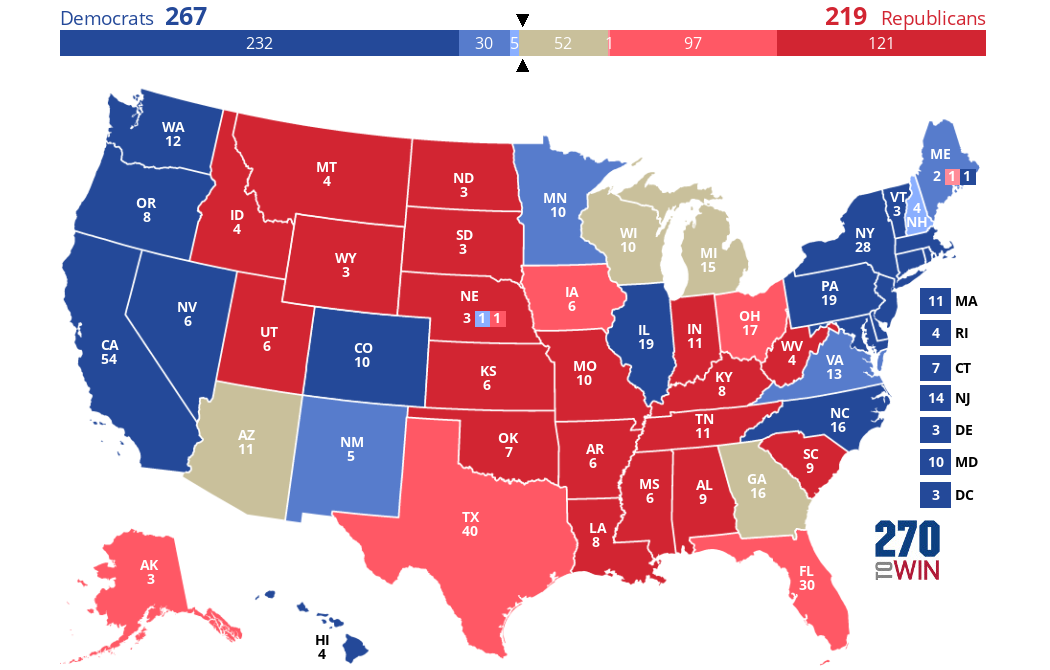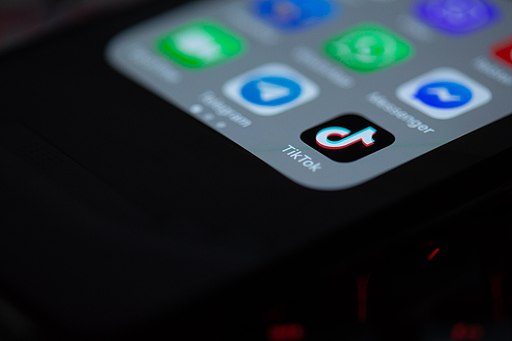
In 2022, The Daily Beast reports, Adaptive Driving Beam (ADB) headlights for automobiles became legal in the United States — but still aren’t available because, the Alliance for Automotive Innovation says, conflicting National Highway Traffic Safety Administration regulations make their implementation “practically impossible.”
ADB headlights arguably save lives in two ways:
First, they reduce the glare of oncoming high-beam headlights. If you’ve been driving for long, you’ve probably found yourself momentarily blinded when an approaching driver forgot to dim his lights. That’s dangerous.
Second, they provide adequate light in situations where a driver might not otherwise see a pedestrian or cyclist. According to the American Automobile Association, 77% of pedestrian deaths occur at night, and 64% of drivers don’t regularly use their high beams.
ADB headlights adapt to put the right amount of light in the right places — less light in an oncoming driver’s eyes, more light on a pedestrian crosswalk next to a burnt-out street light.
Even with instant approval, the long life of the average car means that ADB headlights would take years to completely supplant “traditional” headlights … and NHTSA pettifogging keeps pushing that time further and further out into the future.
As of 2022, according to the Governors Highway Safety Association, moving vehicles killed more than 7,500 pedestrians — more than 20 per day.
Not all of them at night, not all of them due to low visibility or improper headlight technique, of course, but let’s conservatively assume that widespread adoption of ADB headlight technology would knock the number down by 10%. That’s two lives per day, 730 per year, saved.
I suspect the impact would be much larger, but saving even 730 lives per year by GETTING OUT OF INNOVATION’S WAY seems like a better outcome than causing 730 unnecessary deaths per year by needlessly stalling.
Unfortunately, ABD headlights are far from the only innovation that gets caught up in the cycle of government approval:
- Something’s invented that might make things better; but
- The US government forbids its adoption; until
- The US government allows its adoption, but only under arbitrary and irrational conditions; after years of fighting,
- The US government finally allows its adoption; then
- The US government requires its universal implementation without regard to whether producers or customers actually want it.
Steps 1 and 4 make your life better. They make you safer, healthier, and wealthier.
Steps 2, 3, and 5 negatively impact your life, your health, and your bottom line, no matter how much “for your own good” lecturing accompanies them.
Thomas L. Knapp (Twitter: @thomaslknapp) is director and senior news analyst at the William Lloyd Garrison Center for Libertarian Advocacy Journalism (thegarrisoncenter.org). He lives and works in north central Florida.
PUBLICATION/CITATION HISTORY


